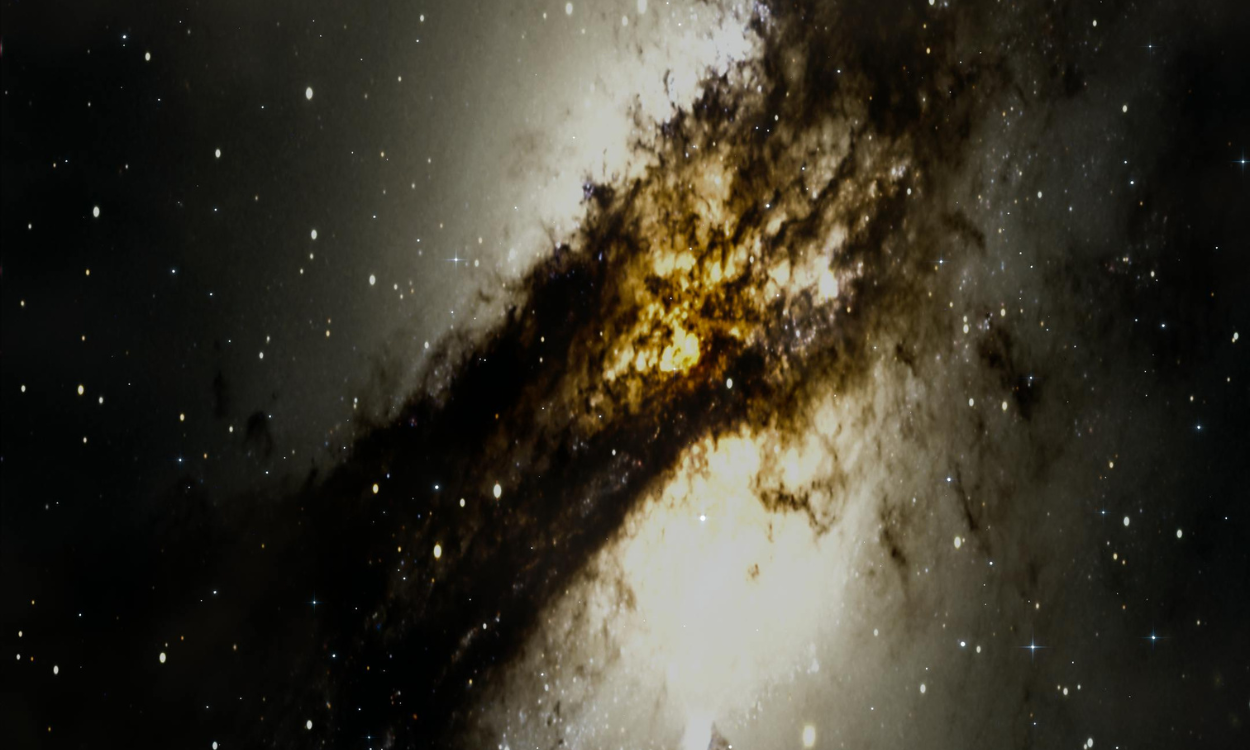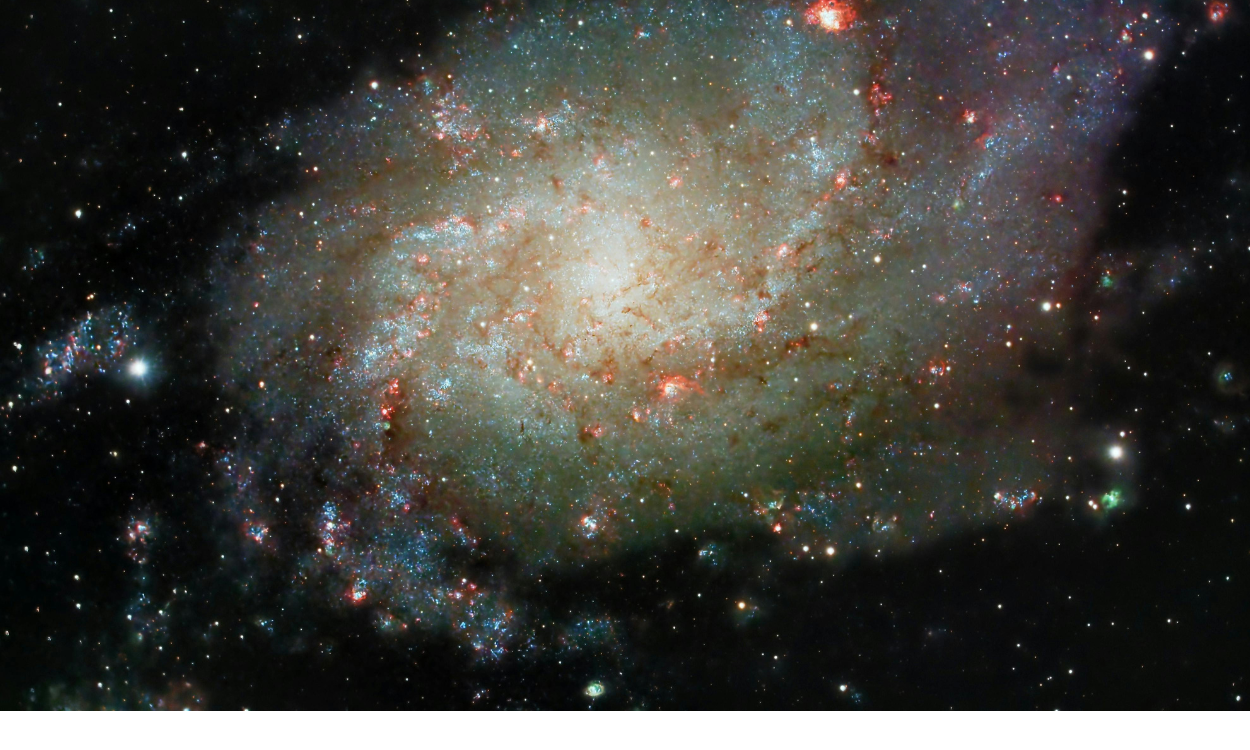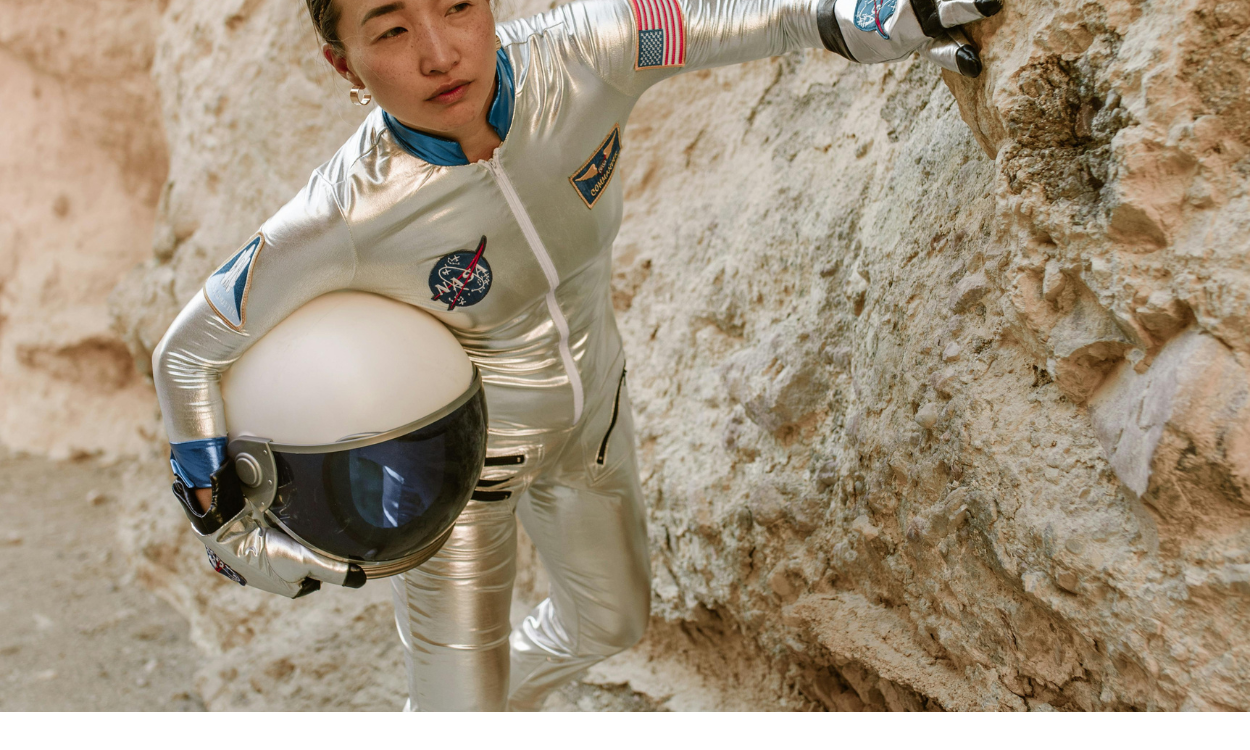For decades, humanity has looked toward the stars with curiosity and courage, sending probes to distant worlds in search of knowledge and life. Among the planets of our solar system, Venus—often called Earth’s “twin”—stands out as one of the most mysterious and dangerous. But why are scientists afraid of Venus? The answer lies in its extreme environment, unpredictable surface conditions, and the dark secrets hidden beneath its thick, toxic clouds. To truly understand why scientists are afraid of Venus, we must explore its deadly atmosphere, volatile geology, and the haunting possibilities it presents for our future and understanding of planetary science.

The Hellish Nature of Venus
When we ask, why are scientists afraid of Venus, the first thing to note is its atmosphere. Venus has the thickest atmosphere of any terrestrial planet in our solar system—composed of over 96% carbon dioxide, with clouds of sulfuric acid and traces of other toxic gases. The planet’s surface pressure is about 92 times greater than Earth’s, equivalent to being nearly a kilometer underwater. Such pressure would crush most spacecraft within minutes.
This immense pressure, combined with a surface temperature of around 475°C (900°F)—hot enough to melt lead—makes Venus one of the most hostile environments in the solar system. So when scientists discuss why they are afraid of Venus, they’re referring not to emotional fear, but to the real, physical challenges of studying a world so extreme that even robotic probes have survived for mere minutes before being destroyed.
The Atmosphere of Doom
Another reason why scientists are afraid of Venus lies in its suffocating and corrosive atmosphere. The dense carbon dioxide traps heat through a runaway greenhouse effect, which scientists believe once began similarly to processes on Earth—but spiraled out of control. Understanding this is crucial because it serves as a terrifying warning of what unchecked climate change can do.
The clouds of Venus contain droplets of sulfuric acid, and lightning storms flash through its skies. Any spacecraft entering its atmosphere faces intense heat, pressure, and corrosion. So when we ask why scientists are afraid of Venus, it’s not just the danger—it’s the implications. If Venus was once like Earth but turned into a furnace, could Earth share the same fate?
The Mystery of the Past
Scientists are also afraid of Venus because of what it hides beneath its thick cloud cover. Radar mapping from missions like NASA’s Magellan in the 1990s revealed a surface covered with volcanoes, lava plains, and mysterious formations. Yet, there are few craters, which means the surface is relatively young—perhaps less than a billion years old. That suggests Venus may have undergone catastrophic resurfacing events in which massive volcanic activity melted and reshaped its crust.
The question “why are scientists afraid of Venus” becomes more chilling when you consider that the planet might still be geologically active. Recent studies suggest that Venus may have active volcanoes today, releasing heat and gases into its atmosphere. If true, it means the planet isn’t dead—it’s alive with violent geological processes that we barely understand.
The Challenge of Exploration
Exploring Venus has always been a nightmare for engineers. When we examine why scientists are afraid of Venus, it’s impossible to ignore how many missions have failed. The Soviet Venera missions of the 1970s and 1980s were the only ones to successfully land on the surface—and even they lasted only a few minutes before being destroyed.
Electronics overheat, metal melts, and cameras fog up almost instantly. Even today, with modern technology, we lack the materials and cooling systems to withstand Venus’s harsh conditions for long periods. NASA and other space agencies are planning new missions—such as VERITAS and DAVINCI+—to explore Venus in the coming years, but each step is a technological and scientific gamble. This is another reason why scientists are afraid of Venus: it pushes the limits of human ingenuity and reminds us that nature can easily overpower even our best machines.
The Possibility of Life—And Fear of the Unknown
One of the most haunting aspects of why scientists are afraid of Venus is the possibility that life might exist there—in a form we can barely comprehend. In 2020, astronomers detected traces of phosphine gas in Venus’s atmosphere, a chemical that on Earth is associated with biological activity. The discovery shocked the scientific community. Could life exist in the upper atmosphere of such a hellish planet?
Though the finding is still debated, it raises profound questions. If Venus harbors microbes that can survive in acid clouds and extreme temperatures, it could redefine what we know about life in the universe. But it also raises unsettling questions about how life can persist in such a hostile environment. Scientists are afraid of Venus because it challenges our assumptions—it shows us that life might not just exist in pleasant, Earth-like worlds but in places that resemble nightmares.
A Mirror of Earth’s Future
Perhaps the most sobering reason why scientists are afraid of Venus is that it might represent Earth’s future. Billions of years ago, Venus may have had oceans, a stable climate, and perhaps even conditions suitable for life. But as its atmosphere thickened with carbon dioxide, the planet entered a catastrophic runaway greenhouse phase, boiling away its water and transforming it into a scorched wasteland.
This makes Venus a grim warning to humanity. The study of its atmosphere and history provides a glimpse into what might happen if Earth’s climate spiral goes unchecked. When scientists study Venus, they’re not just looking into space—they’re looking into a possible reflection of our own fate. This realization adds an emotional and ethical layer to why scientists are afraid of Venus.
The Unpredictable Magnetism and Rotational Oddities
Adding to the list of reasons why scientists are afraid of Venus, the planet rotates in the opposite direction of most other planets. A day on Venus lasts longer than a year—243 Earth days to rotate once, compared to 225 Earth days to orbit the Sun. It spins so slowly that its weather systems and surface processes operate in bizarre ways that defy Earthly logic.
Venus also lacks a strong magnetic field, which means its surface is bombarded by solar radiation. Understanding why it lost its magnetic protection is crucial to understanding planetary evolution—but also reveals how fragile habitability can be. This unpredictability is another factor in why scientists are afraid of Venus: it behaves unlike any other world we know.
Venus: The Planet of Paradoxes
The deeper we study Venus, the more contradictions we uncover. It is Earth’s closest planetary neighbor and nearly identical in size and composition. Yet, it is the most inhospitable world in the inner solar system. This duality—familiar yet deadly—is at the core of why scientists are afraid of Venus. It’s a reminder that even worlds that appear similar can diverge into drastically different fates.
Conclusion: A Planet That Demands Respect
So, why are scientists afraid of Venus? Because it embodies the ultimate paradox of beauty and destruction. Venus shines brightly in our sky as the “Morning Star” or “Evening Star,” yet beneath its golden glow lies a hellish landscape of fire, acid, and crushing pressure. Scientists are afraid of Venus because it is unpredictable, unforgiving, and profoundly alien—yet hauntingly similar to what Earth might become.
In their quest to understand Venus, scientists are not running from fear but confronting it. Every new mission, every radar scan, and every atmospheric study brings us closer to understanding not only why scientists are afraid of Venus but also what it teaches us about survival, climate, and the delicate balance that keeps our own planet alive.
Venus, in all its fiery mystery, reminds us of one truth: the universe is not just a place of wonder—it is also a place of warning. And that is ultimately why scientists are afraid of Venus.





